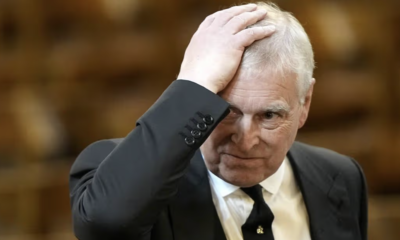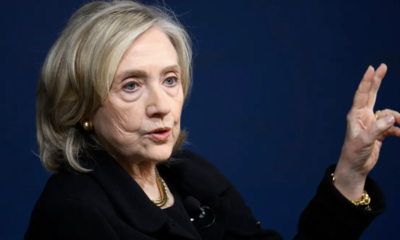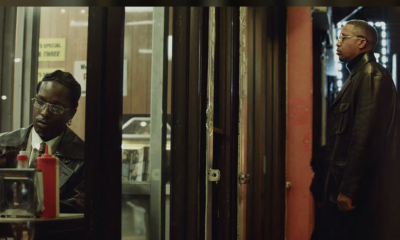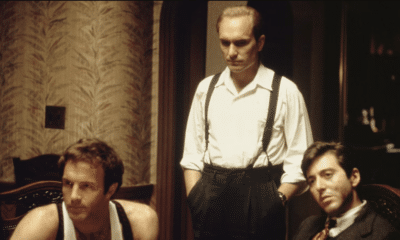News
Prince Andrew Loses Duke of York Title After Epstein Fallout — A Royal Reckoning Years in the Making
In a move that underscores the enduring impact of the Jeffrey Epstein scandal, Prince Andrew has officially relinquished his royal titles, including Duke of York, after a “discussion with the King.” The development, announced early Friday, marks one of the most dramatic royal demotions in modern history.
According to Buckingham Palace, Prince Andrew’s decision was made to “avoid distracting from His Majesty’s duties.” While he will remain a prince by birth, he will no longer hold the prestigious Duke of York title, conferred upon him by Queen Elizabeth II in 1986, nor his position in the Order of the Garter, Britain’s highest order of chivalry.
His ex-wife, Sarah Ferguson, will also lose the courtesy title of Duchess of York as a result.
Renewed Scrutiny and Mounting Pressure
The move follows renewed global scrutiny of Prince Andrew’s relationship with the late convicted sex offender Jeffrey Epstein, and the publication of Virginia Giuffre’s posthumous memoir, Nobody’s Girl.
Virginia Giuffre—who tragically died by suicide earlier this year—had accused Prince Andrew of having sex with her when she was 17, allegations the prince has “vigorously denied.” The memoir’s release reignited public anger and survivor advocacy campaigns, amplifying calls for accountability within the royal family.
Trump Claims Epstein ‘Stole’ Virginia Giuffre from Mar-a-Lago Spa: Controversy Reignites
Sources close to the Palace suggest King Charles and Prince William were instrumental in the decision, viewing Prince Andrew’s continued association with the monarchy as “untenable.”

Prince Andrew with Virginia Giuffre (Jeffrey Epstein Victim) and Ghislaine Maxwell
Survivors Call the Move ‘Bittersweet but Necessary’
For survivors of Jeffrey Epstein’s crimes, the announcement marks a long-awaited moment of vindication. Haley Robson, another Epstein victim, described the move as “bittersweet but necessary.”
Sky Roberts, brother of the late Virginia Giuffre, told BBC Newsnight, “This is a joyous moment. Virginia started this fight, and we’re going to see it through. Andrew’s downfall shows that even the powerful can be held accountable.”
Public reaction, however, remains divided. While some see it as long-overdue justice, others question why the prince retains any royal status at all.
‘Pushed Onto His Sword’: The King’s Quiet Ultimatum
Former BBC royal correspondent Jennie Bond remarked that while Andrew “technically volunteered” to surrender his titles, “he’s been pushed onto his sword.”
Behind closed doors, King Charles reportedly delivered a firm message that the monarchy must not be overshadowed by scandal. Palace insiders described the mood as “somber but resolute.”
The last royal to lose a dukedom was Prince Charles Edward in 1919, stripped of his title for siding with Germany during World War I. Prince Andrew’s case, rooted in moral disgrace rather than political betrayal, may be even more damaging to the royal image.
View this post on Instagram
The End of an Era for the ‘Queen’s Favorite Son’
Once regarded as Queen Elizabeth II’s most beloved child, Prince Andrew’s reputation began to crumble after his disastrous 2019 BBC Newsnight interview, in which he claimed he was at “Pizza Express in Woking” rather than with Virginia Giuffre on the night in question.
Today, Andrew remains eighth in line to the throne, but his royal life is effectively over. Living quietly at Royal Lodge in Windsor, he has no official duties, no public funding, and now—no titles.
Whether this act will close the chapter on one of the monarchy’s darkest scandals remains uncertain. But one thing is clear: the Epstein saga has claimed its highest-ranking royal casualty yet.























































Pingback: Epstein Files: New Photos Put Prince Andrew Back Under Spotlight